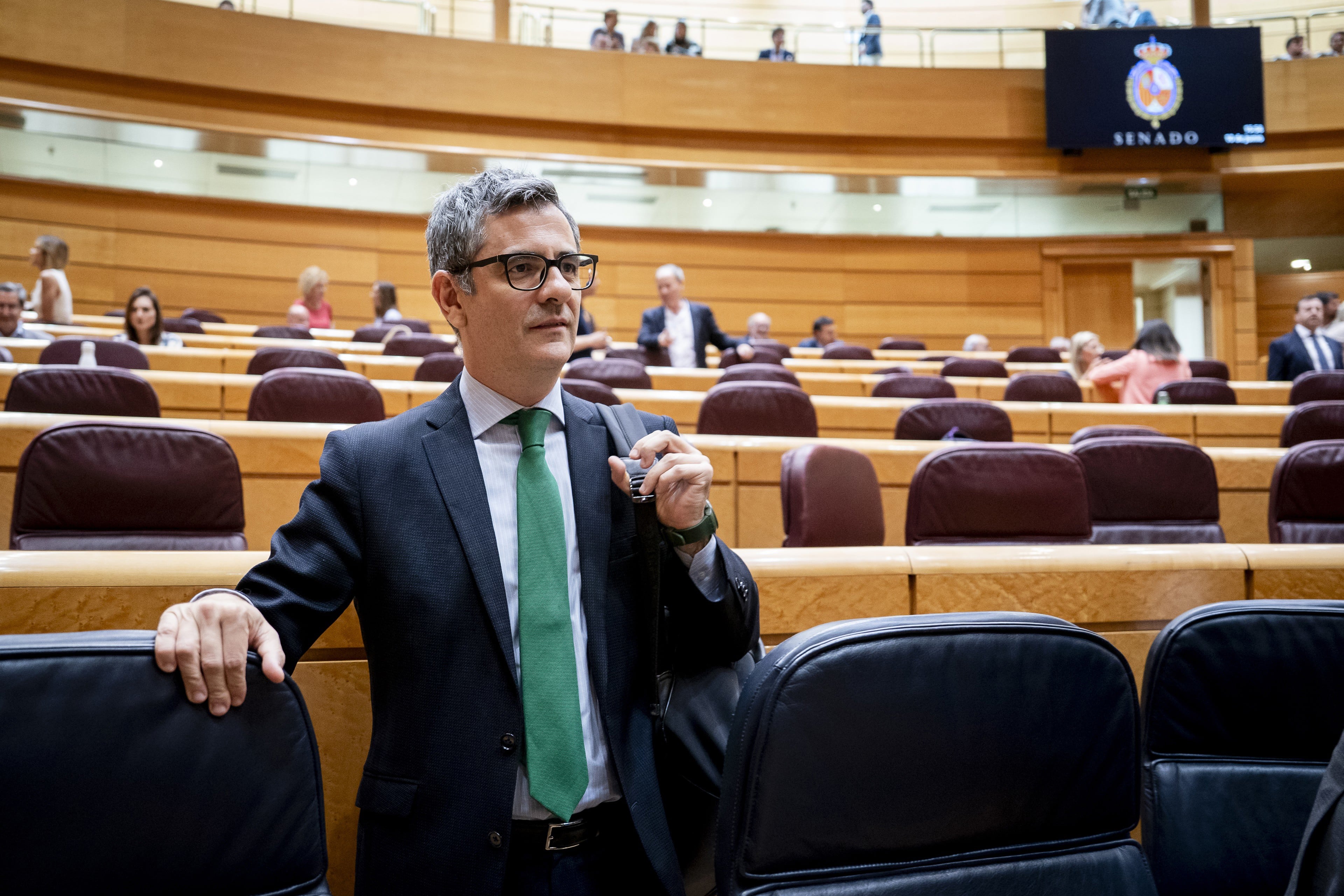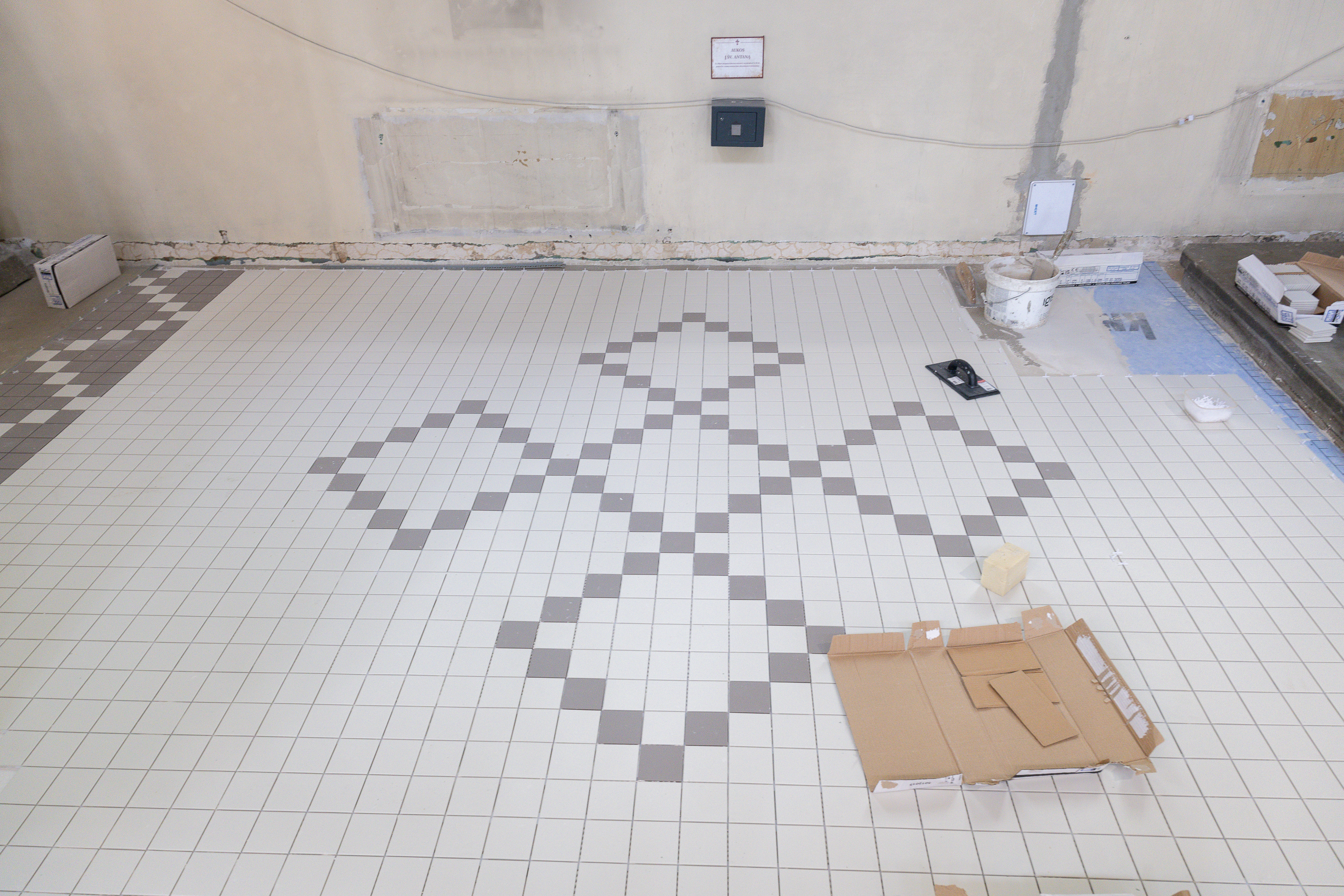Judges and prosecutors stage with a 10 -minute strike their rejection of the legal reforms promoted by the Government | Spain

The pulse that a broad sector of the judicial and fiscal careers maintains with the government on Wednesday lives a new chapter. Five associations of judges and prosecutors (all except the two progressive) have called a ten minutes strike against the two reforms linked to justice announced by the Government: the one that provides changes in the form of access to both careers and the one that modifies the statute that regulates the Prosecutor’s Office to adapt it to the law that will leave the instruction of the criminal cases to the prosecutors. To the call for associations, a platform composed of more a thousand judges and prosecutors, mostly of the last promotions, together through two WhatsApp groups and that, apart from the strike on Wednesday, values the call for a strike. The Government defends its reforms that, says, are necessary to adapt a justice to the 21st century that in many ways has been anchored in the 19th century.
« The most numerous judicial associations have criticized all the important reforms of justice. If the reforms depended on them, we would not make reforms. » Thus, government sources on the thrombus protest of broad sectors of the judicial and fiscal careers regarding the legal changes promoted by the Executive were pronounced a few days ago. The one that has raised the most dust The Organic Law for the Expansion and Strengthening of Judicial and Fiscal Careers, This Thursday is submitted to his first exam in Congress, where the parties of the coalition in the Government and its usual partners will predictably knock down the amendments to the whole presented by PP and VOX.
The Supreme Court joined the criticism of this reform with a statement signed unanimously by the Government Chamber: « Access to the Judiciary does not need special reforms but of support measures, such as scholarships, to prepare the selective process, » says the text. The scholarships, which in the reform are armored by law, are the only point of the draft law that support all associations. On the rest, the criticisms of the most numerous associations, which ask for the withdrawal of the legal reform, extend to all key measures of the preliminary draft.
The Government believes that associations are disseminating « bulos » on the law and has asked the associations « rigor ». « Many of the fears they are raising are unfounded, » said Justice Minister Félix Bolaños, after an appearance in the Senate. The minister said he has « the hand laid » to continue talking with the associations and « improve the law in whatever is necessary. »
One of the points that is finding the most resistance is the decision to introduce a written evidence and the anonymity of the applicants in the opposition to both careers, a format that already applies to the rest of the oppositions of the legal field and that the Government defends by the convenience of assessing, in addition to the memoristic capacity, the ability to express legal reasoning. For the most representative associations, however, it implies « an increase in subjectivity in the evaluation of judges and prosecutors. »
However, the two measures that have been most rejected are the two routes provided by the Government to increase the number of judges: to streamline access by the so -called fourth shift (reserved for renowned jurists) and extend this figure to the fiscal career; and an extraordinary stabilization process for the interinity situation of hundreds of substitute judges.
On the first of these measures, the Government alleges that the current law contemplates that 25% of the judges (one in four) must come from the turn reserved for jurists with a minimum of 15 years of exercise, but, currently, of the more than 5,400 judges that exist in Spain, only 7.2% have accessed the race by this path. The decision to recognize those who enter in this way five years old when presenting to appointments has raised blisters among younger judges, although the government ensures that this measure will not affect the ranks of the race, a determinant to decide most of destination changes and promotions.
Regarding Extraordinary stabilization process for judges and substitute prosecutors and substitute magistratesJustice insists that ending the interim in the Judiciary and the Prosecutor’s Office-a situation in which 954 judges and 331 prosecutors are found-responds to two warnings of the European Commission, in July and October 2024. According to the draft law, stabilization will consist of a contest-opposition to which any jurist may be presented with more than five years of experience. Judicial associations contrary to the lawfor which this measure « does not ensure the rigorous accreditation of the legal knowledge necessary to exercise jurisdictional or fiscal functions, » they say they will challenge the process.
Extraordinary regularization It also responds to the jam suffered by courts for lack of personnel. Judges and substitute prosecutors and alternate magistrates constitute 20% of the judicial career in Spain. A statement sent in December by justice warned that his performance under replacement at the judicial field « is continued », and not exceptional to strengthen the courts at specific times, which was their initial function. In that document, the Ministry also provided data on its impact: substitutes dictate 21.9% of civil sentences and 22.4% of the criminal sentences of the Courts of First Instance and Instruction and in the Social Courts have issued 14.9% of the sentences.
For judicial associations contrary to the law, this extraordinary process to the judicial and fiscal career « not only constitutes a comparative grievance with respect to the opponents that exceed a demanding selective process, but also erodes until its collapse the constitutional pillars of merit and capacity that must govern access to the public function, as collected by articles 23 and 103 of the Spanish Constitution. » These groups claim to justice that, instead of expanding the workforce through substitute judges and prosecutors, a “very wide call” of the free and fourth shift shifts, “that allows healthy work loads, to replenish the high number of retirement and improve the quality and speed of the judicial service” is launched.








